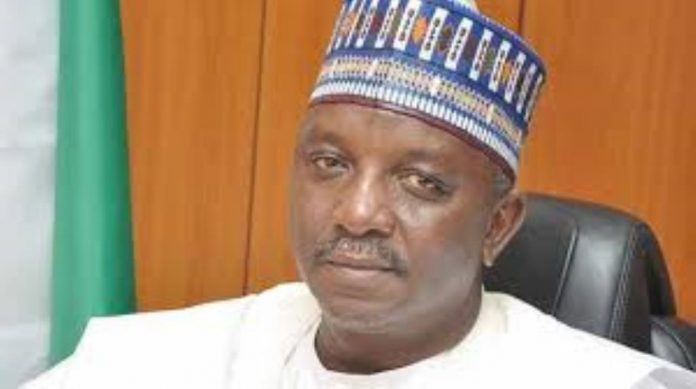The Federal Government may, again, have short-changed the South East in the allocation of projects, this time under the multi-billion dollar Siemens intervention programme in the Nigerian power sector.
The power project is described as Nigeria Electrification Roadmap: Technical and Commercial Proposal. Under this programme, the Federal Government, in partnership with Siemens AG of Germany, a globally acclaimed power systems equipment manufacturers (not managers), is seeking to remove “severe bottlenecks within the transmission and distribution grid, (which) is necessary to allow free flow of electricity.”
“Nigeria’s power system is constrained by an imbalance between power generation and consumption,” the regulatory authorities declare in the power roadmap document. “While 13 GW of power generation capacity is available, only about 3.4GW is reaching final consumers (households, commercial and industrial users) on average, with a peak operating capacity of 5.2 GW achieved in 2018 as against 5.1GW in 2016…”
It’s against this background that the Federal Government and Siemens sat down to define the Nigeria Electrification Roadmap to be powered by Siemens.
The Roadmap is structured in three phases, according to the document, “with phase 1 focusing on essential and ‘quick-win’ measures to increase the system’s end-to-end operational capacity to 7 GW.”
While phase 2 targets what the document identifies as “remaining network bottlenecks to enable full use of existing generation and “last mile” generation capacities, bringing the system’s operational capacity to 11GW, phase 3 aims at developing the system up to 25GW in the long term “with appropriate upgrades and expansions in generation, transmission and distribution.”
A close look at the document revealed that Enugu Disco (EEDC) is captured only under phase 2 of the project with only two projects in Enugu, the Enugu State capital, including 1) Upgrade of Ugwunwasike 1x15MVA 33/11KV Injection Substation to 1x15MVA &1×7.5MVA and 2) Upgrade of Trans-Ekulu Injection Substation 1×7.5MVA 33/11KV to 15MVA 33/11KV. The remaining four States of the South East served by the EEDC have not a single project each in their domain under this huge power modernization programme.
In contrast, Kaduna Disco covering Kaduna, Kebbi, Sokoto and Zamfara has 23 projects under the phase 1 of the programme alone, including construction of substations and similar projects.
Similarly, Kano, which comprises Kano, Jigawa and Katsina States, boasts 13 projects under phase 1 of the Electrification Roadmap and one under phase 2.
Relatedly, Ibadan, the largest franchise in Nigeria covering Oyo, Ogun, Osun, Kwara, parts of Niger, Ekiti and Kogi States, has four projects under phase 1– including replacement of 407 old transformers and purchase of additional 436 new ones–and two under phase 2, including an injection substation expansion.
The obvious short-shrift of the South East in a development programme as important as power sector modernization is coming a few months after the nation was riled by the discovery that none of the projects captured under a multilateral $27bn loan obtained by the Buhari administration was located in the South East, which must statutorily contribute towards the repayment of the loan when the time comes.
“This administration has made it really obvious that it seeks to strangulate the South East economically before the expiration of Buhari’s tenure,” an Enugu-based political economist in a chat recently. “Otherwise, anyone with conscience would know that this EEDC thing is one shortchange too many. No leader ever rules like that in the whole wide world.”
Meanwhile, wracked by obsolete equipment and piling consumer debts, the EEDC is decidedly unable to meet power consumption demand in the South East where most of its commercial cities are all but perpetually in darkness.
The seeming under-performance of the disco has led to incessant consumer petitions and protests against the disco with some consumers even calling for the Federal Government to withdraw the company’s license.
It was learnt that the company actually submitted 15 projects in addition to 15 power transformers under the power roadmap.
The company hoped that the government would capture the projects under the Roadmap thereby helping the EEDC to shore up its capacity so as to be able to meet the usually high demand for power demands in the otherwise economically and commercially vibrant South East.
With only two lowly projects captured in the entire Electrification Roadmap, the hope seems forlorn now unless the government would see the foolhardiness in denying the South East steady and adequate power supply power and do the needful.


